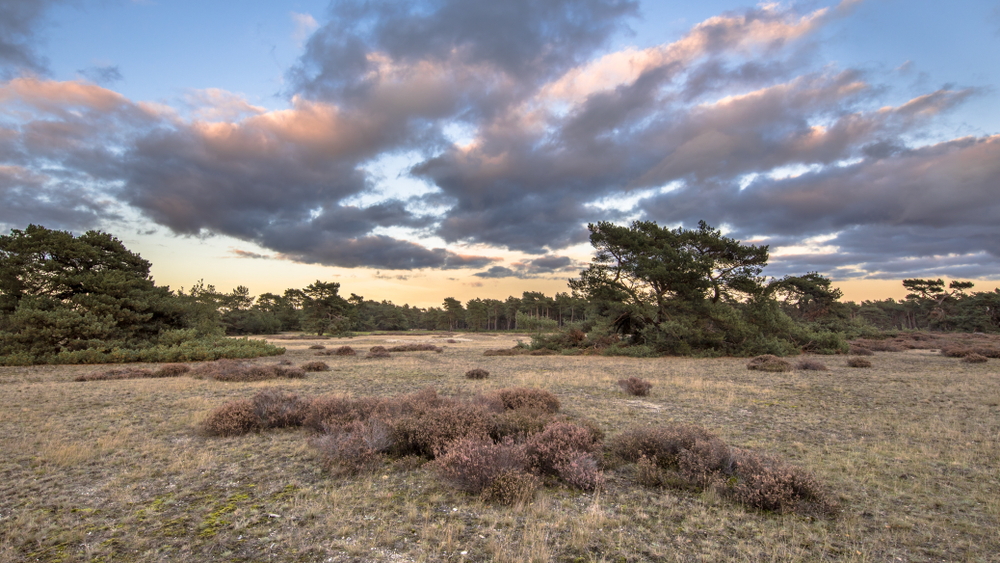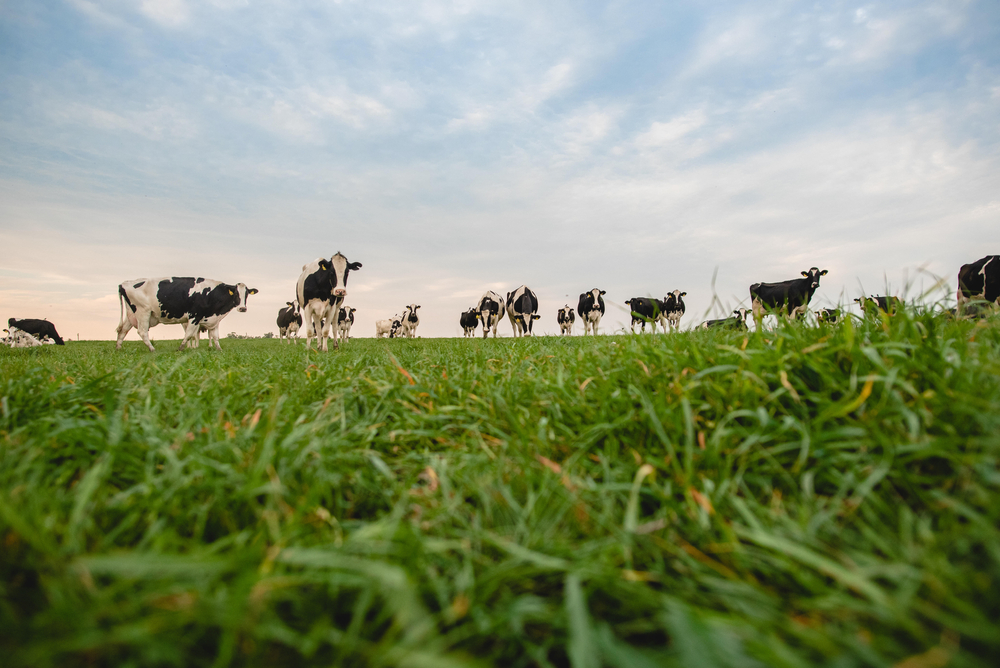Wageningen nitrogen experts were surprised when Minister Wiersma announced last month that the cabinet would end the National Rural Areas Programme (Dutch: Nationaal Programma Landelijk Gebied -NPLG), which addresses nitrogen and water quality issues. Resource asked several experts to share their views on how this may impact their domain. In this episode, Edo Gies, a researcher on regional development and spatial use, who conducted a scenario study on the NPLG.
‘How the minister’s decision to halt the NPLG will affect my research domain is hard to tell. Studies that are underway will not be influenced, but the provincial authorities have put a number of new research projects on hold. They were well underway with their area-specific plans, in part due to the 25-billion-euro transition fund that had been promised; however, when the cabinet decided this fund would no longer be available, many provinces ground to a halt.’
Resentment
‘There is quite some resentment over this decision. The NPLG may have been abolished, but the goals remain the same and how to proceed is anyone’s guess. Politicians have placed their hopes on what they expect to achieve in Brussels, but I believe that is a dead end. There simply is no room to manoeuvre. Provincial administrations eagerly await the government plans. Particularly as something must be done with regard to the PAS reporters* (see box below, ed.). That, however, must wait until the nitrogen blanket has been substantially reduced.
People really do understand that the Netherlands has environmental targets to meet and are willing to contribute
‘I felt that the NPLG’s area-specific plans prompted a movement with a much more positive tone than the one we previously heard. I have seen farmers and other stakeholders join forces to arrive at solutions, making smart use of the specific dynamics in their region. This led to some great ideas for which everyone made an effort. People really do understand that the Netherlands has environmental targets to meet and are willing to contribute.’
Farmer at the helm
‘I contributed to several smaller area-specific processes in the western peat region: Farmer at the Helm. In it, we worked with farmers to envision a future in which we can meet the reduction targets and still retain perspective for the future. The question is whether we will still be able to implement these plans now that the minister has altered the course. Realising these plans requires time, effort, financial support and policy instruments. It must be achievable and affordable for farmers.’
Goal steering still requires agricultural emissions to be slashed by half
‘Farmers are basically still in the dark. Goal steering now appears to be the political magic spell, and there are a number of Wageningen colleagues working on this issue. Sure, I applaud each business knowing precisely what targets it must meet. But that does not suddenly make nitrogen reduction a walk in the park. Goal steering still requires agricultural emissions to be slashed by half.’
Plodding on
‘The fact that farmers can determine what measures they wish to take to achieve their reduction goals may sound great, but there simply aren’t that many options. I fear that the goal-steering idea offers a sense of false hope and will only serve to delay the process. Setting up functioning and measurable goal-steering at the company level will take five to ten years. And meanwhile, the nitrogen issue will not become smaller. Quite the opposite, in fact. The longer we plod on, the more difficult it becomes.’
* PAS reporters are businesses that were recused from having the required nature permits under the previous policy (Nitrogen Addressing Programme – PAS). A calculation of nitrogen was sufficient. In 2019, the Council of State overturned the legal basis underpinning the PAS, and with it, the exemption granted some 2500 PAS reporters, most of whom are livestock farmers. The cabinet at the time promised a solution, but there is insufficient room within the nitrogen goals to provide the PAS reporters with permits and thereby legalising these businesses. According to sector journal Nieuwe Oogst, only seven PAS reporters were granted a permanent permit by the start of last summer.
The Council of State has given the government until 1 March 2025 to finalise the legalisation programme, after which the provinces are required to enforce the law. Environmental organisation MOB has already announced a ‘tsunami of court cases’ should the provincial administrations fail to do so. ‘And merely a plan for goal steering does not provide the provinces with a legal foothold. The judge ruled to this effect in 2019’, Gies states.
Nitrogen series
Episode #1 – ‘I believe the minister’s strategy is risky’ with Roel Jongeneel
Episode #2 – ‘Goal steering does not make nitrogen reduction easy all of a sudden’ with Edo Gies
Episode #3 – ‘The industry of doubt has hopefully become obsolete’ with Karin Groenestein
Episode #4 – ‘I expect the feed option to be brought back to the table’ with Jan Dijkstra
Episode #5 – The funds are depleted, so we need smart solutions’ with Gerard Migchels
Episode #6 – ‘Let’s start goal-steering through a relatively simple system’ with Wim de Vries

 Gies was involved in a number of small regional processes in the western peat area. ‘It yielded some really great ideas.’ Photo Shutterstock
Gies was involved in a number of small regional processes in the western peat area. ‘It yielded some really great ideas.’ Photo Shutterstock 

